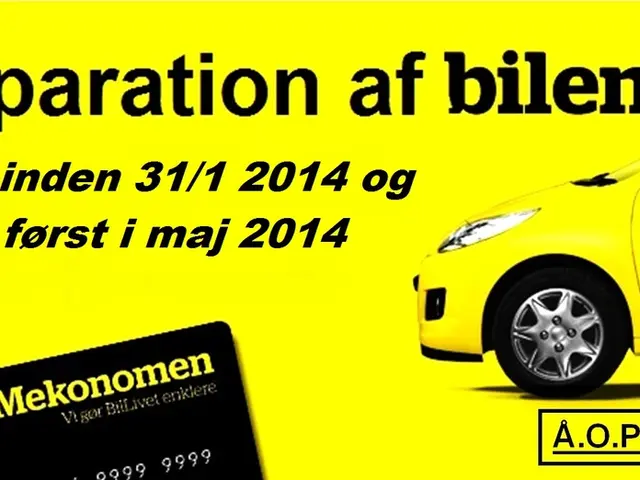EU Proposes 140-Billion-Euro Loan for Ukraine Using Frozen Russian Assets
The EU is proposing a 140-billion-euro loan for Ukraine, structured as a bond on future Russian reparations. This plan aims to balance the significant aid contributions from the US and potentially pressure Russia to negotiate. The loan is initially guaranteed by EU member states and backed by frozen Russian assets and EU funds.
The loan, proposed by Friedrich Merz, will be discussed with European leaders by the end of October. It seeks to legally secure the financing instrument through the European Council. The plan involves converting Russia's frozen assets into the loan, with revenues from these assets supporting debt service until Russia pays reparations.
So far, Western support for Ukraine totals around 250-300 billion euros. This new loan suggests a long-term commitment to supporting Ukraine's war effort. However, it raises questions about whose interests are being represented, as a majority of Ukrainians favour a diplomatic resolution. Additionally, Russia may refuse to make such payments, potentially leading to legal difficulties.
The EU's proposed 140-billion-euro loan to Ukraine is a significant step in balancing Western aid contributions and potentially influencing Russia's actions. However, it also raises questions about the representation of Ukrainian interests and the potential legal implications if Russia refuses to pay. The loan's future depends on the European Council's decision by the end of October.
Read also:
- The Cost of Speech is Zero, True Strength Lies in Unity
- EIB Boosts Palestinian Economy with €400M Credit Fund
- U.S. Imports Face 25% Customs Duties in Canada, Affecting Tesla and Other Electric Vehicles
- Prime Minister Modi initiates and dedicates construction ventures totaling Rs 26,000 crore in Bikaner, Rajasthan.








